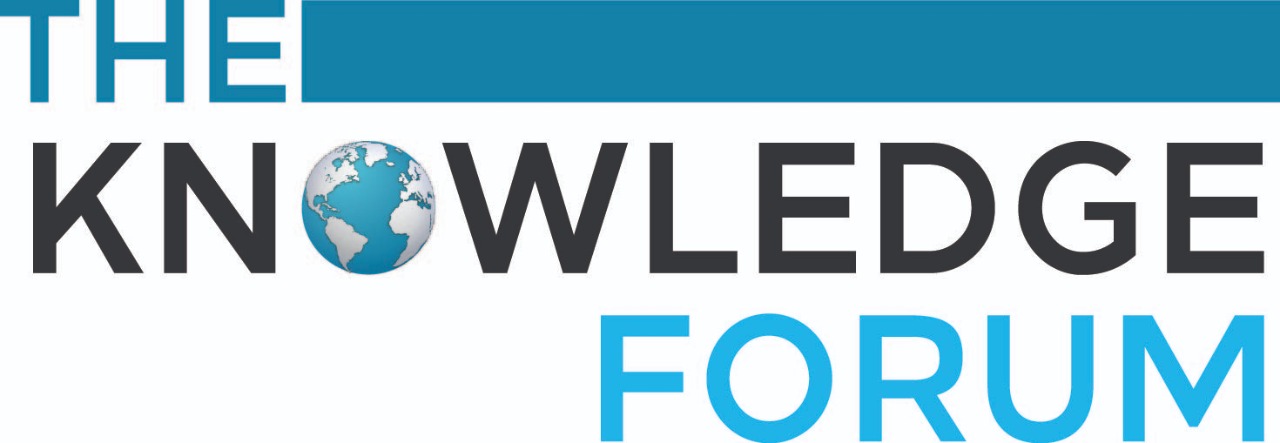Pakistan Bulletin
An up-to-date and informed analyses of key issues of Pakistan.
Editorial
December 2023
As Pakistan braces for elections, the next government is expected to undertake tough economic and political reforms to deliver on stability and progress.
Despite concerns about potential delays, elections in Pakistan are set to take place on February 8, 2024. The incoming government will grapple with multiple challenges, including economic revitalisation, dealing with climate change challenges, and navigating evolving regional and international geopolitical landscapes.
On diplomatic front, balancing Pakistan’s relations with the Middle East, engaging with India and Afghanistan, and navigating the global divide between China and the West are some critical tasks that the next elected government is expected to undertake. Moreover, there are expectations of improved compliance with conditionalities of the European Union’s GSP+ scheme, which has just recently been renewed. Pakistan’s successful diplomacy at COP27 has earned the country a central spot at the global climate change dialogue table. The next government’s task would be to capitalise on this and build internal institutional capacity to prepare the country for openings in climate finance.
On the economic front, the elected government will face substantial pressure on its way to creating a balance between public’s demands for a relief in inflation, and IMF conditionalities that create inflationary pressure. Pakistan’s recent economic downslide has also led to increased public pressure on the government to curb non-development expenditures. The new government will have to come up with an economic reform agenda – with rationalisation of government and military expenditure – as public patience for business-as-usual runs out.
The current election environment faces numerous challenges, including concerns about the election’s credibility due to the allegations of an uneven playing field for political parties. Despite this, political parties continue to compete for constitutional legitimacy, public trust and endorsement from the deep state.
A closer look at the current political landscape reveals pressure on Imran Khan’s Pakistan Tehreek-e-Insaf (PTI) – with half of its leadership in jail – to appropriately place their electables. Meanwhile, Nawaz Sharif’s Pakistan Muslim League-Nawaz (PML-N) faces challenges in positioning itself at the centre stage, amid allegations of receiving favours by the establishment. While the third largest political party, the Pakistan Peoples Party (PPP) is also struggling to find its way to the capital.
In this uncertain situation, predicting whether Pakistan will achieve political stability and economic revival in the near future remains a challenge.

Join Our Mailing List
Get the latest news and updates from our team
